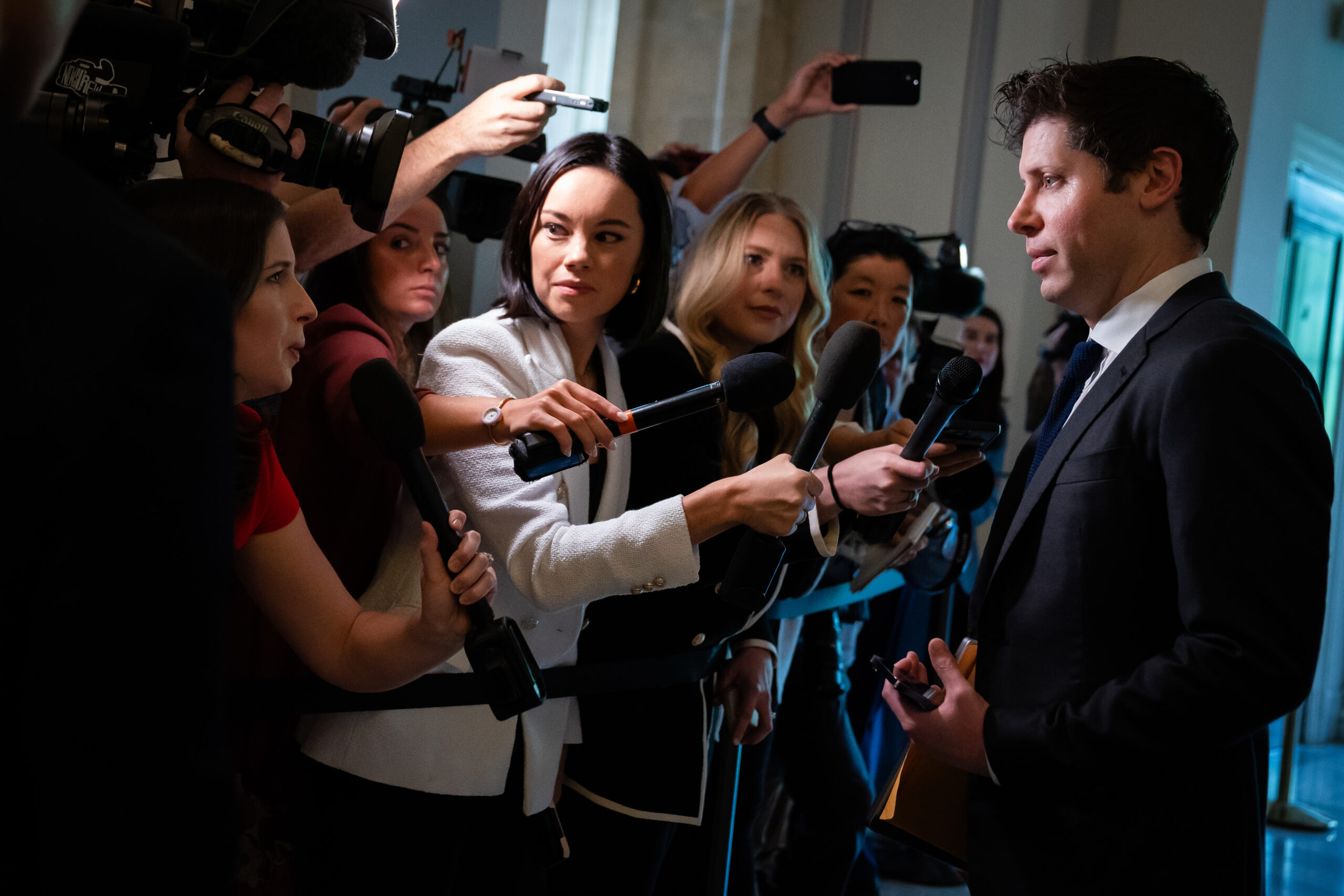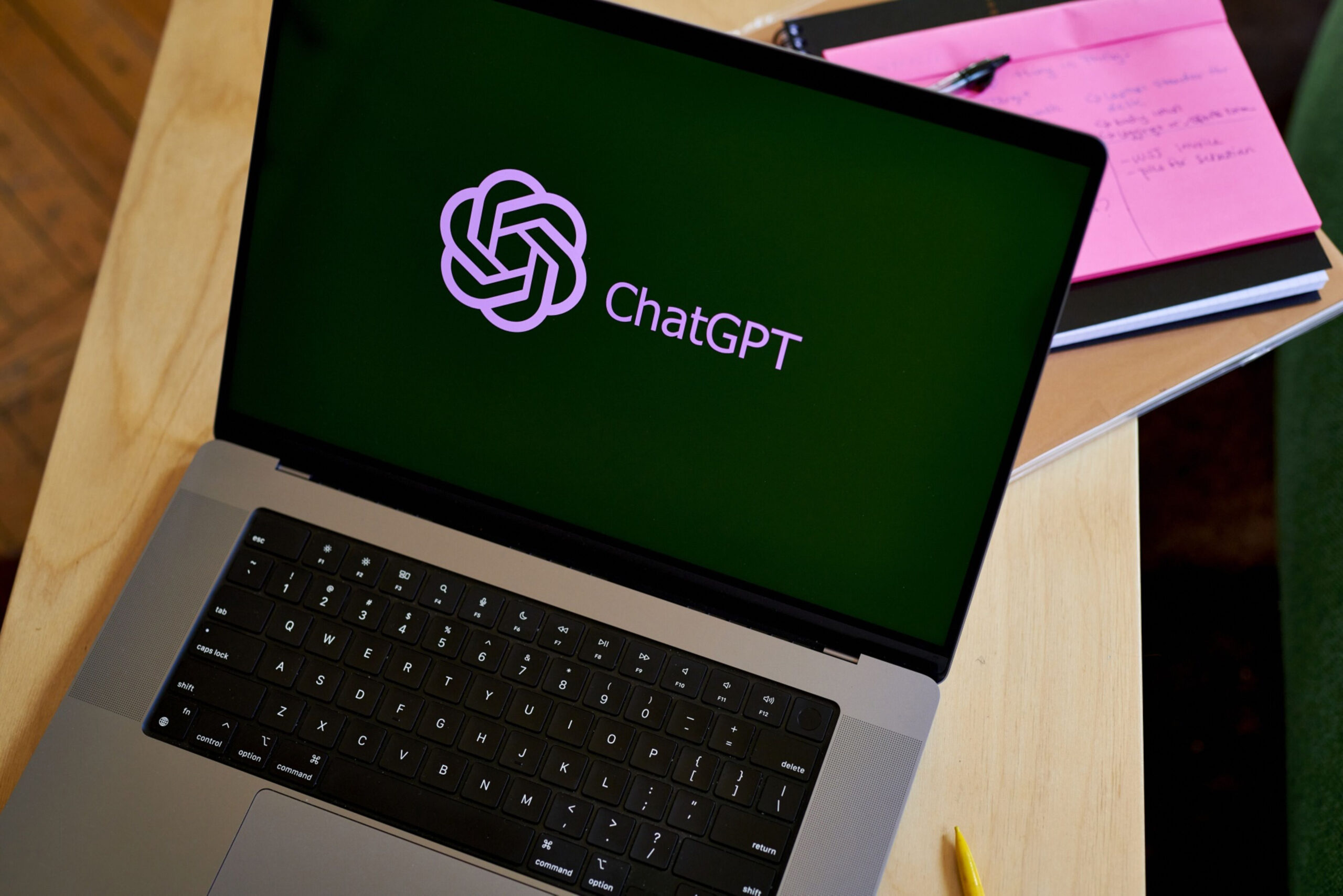WASHINGTON (THE WASHINGTON POST) – Several weeks before he was ousted as CEO of OpenAI, Sam Altman called up his longtime mentor, billionaire Peter Thiel, to talk about how to overcome one of the biggest challenges for his company. To meet soaring demand for ChatGPT’s ever-expanding capabilities and make the huge profits Altman envisioned, OpenAI needed massive computer firepower.
Altman confided to Thiel that he was looking to create a chips company, a massively expensive undertaking due to the cost of manufacturing. To raise the capital, he would travel to the Middle East, including Abu Dhabi and Saudi Arabia and possibly tap his powerful Silicon Valley network, including Thiel’s Founders Fund and Vinod Khosla, both backers of OpenAI.
Altman had spent much of 2023 wooing Congress and the tech media, seeking to show how careful his company was being about protecting against the risks of AI. He’d told them about how he held almost no stock in OpenAI, how he wanted to make the process of regulating AI more democratic, and how his company’s unique structure secured AI systems in the hands of nonprofit directors. But now, here he was chatting up investors in the Middle East with ties to authoritarian regimes, spinning up a deal with the same boundary-pushing ambition that Altman had perfected in a career brimming with contradictions.
From his teens into his 30s, Altman, the college dropout, dealmaking prodigy and investing wiz behind ChatGPT, has seemed to leap from one success to another. He won the attention and dollars of Silicon Valley’s elites, who were impressed by the ambitious and savvy Stanford sophomore’s likely ascent to greater things. He rose to the top of the Valley’s most influential incubator of start-ups at age 26. Industry stars such as Thiel, Khosla, and Paul Graham saw in Altman a magnetic figure who could expand the tech sector’s approach across the world.
His ouster from the AI start-up, the groundswell of support for his restoration, and his quick return to his perch as CEO lifted him to a new level of fame, cementing his place in the small canon of the tech world’s household names.
“We believe Sam is the best leader for OpenAI,” said OpenAI spokeswoman Hannah Wong. “The strong support from his team underscores that he is an effective CEO who is open to different points of view, willing to tackle complex challenges, and who demonstrates care for his team.” Through a spokeswoman, Altman declined to be interviewed.
Yet Altman’s tumble last month over his leadership of OpenAI, coming on the heels of the global surge of fear and excitement over the powers and pitfalls of the company’s ChatGPT chatbot, did not come out of nowhere. Altman’s critics have long harboured questions about his management style and motives.

OpenAI’s board was briefed on Altman’s efforts to raise funds for a chips venture in the Middle East, according to four people familiar with the fundraising drive. It was unrelated to the decision to fire Altman, two of the people said. Still, it was hard to figure out “what angle he’s working in a given situation,” one of the people said.
In a Silicon Valley milieu in which shooting star companies often give birth to cults of personality around firms’ founders, Altman has stood out. An investor with a dizzying array of interests, Altman might lack the singular focus of a Steve Jobs – or the sophisticated technical skills to create the products he sells – but according to fans and rivals, he has had since an early age an uncanny entrepreneurial energy and a force of will that inspires others to do their creative best.
This article is based on more than two dozen interviews with current and former colleagues, competitors, friends of Altman and others in the industry, many of whom spoke on the condition of anonymity to discuss sensitive personal relationships or business dealings conducted in confidence.
To some, Altman could be awkward and even antisocial. Even when he throws a party, “he retreats into his room pretty quickly. He has a timer or social clock where he needs to stop socialising,” said investor Lachy Groom, a close friend. “He’s not a schmoozer.”
Another close friend, investor Keith Rabois, recalled how when he first met Altman, he spent their first hangout glued to two different phones.
Yet last spring, at a closed dinner with about 60 members of Congress, Altman alternately wowed the politicians with talk about the potential of AI, captivating them with a demonstration of how quickly ChatGPT could spin up a floor speech, and implored them to impose guardrails on the technology he himself had unleashed. AI, Altman revealed, was a supremely useful tool, not a creepy creature of science fiction.
Altman was, the members of Congress later said, unflappable, confident, comforting.
“I’ve never met anyone as smart as Sam,” said Senator Kyrsten Sinema, who spent extensive time with Altman in Sun Valley, Idaho, last summer. “He’s an introvert and shy and humble, and all of those are things that are not normal for people on the Hill. But he’s very good at forming relationships with people on the Hill and he can help folks in government understand AI.”
Around the world, Altman’s manner seemed to assure everyone from national leaders to a 15-year-old high school student in Toronto who had been diagnosed with cancer and asked Altman for help with his research in 2021. “It’s very scary when a new, ambitious tech company comes out and says, ‘We’re going to build God, and we’re going make sure that it benefits all of humanity,'” said Arnav Shah, who become pen-pals with the mogul. “But I’m 100 per cent certain that if anyone is going to build this thing…it should be him. I literally cannot think of someone that I would trust more that has more pure intentions.”

His uncanny sense of the next big thing has led him to back hundreds of start-ups including a new utopian city, longevity and nuclear fusion ventures and Vita Brevis, a San Francisco speakeasy focused on art. He meshed with a brand of Silicon Valley investor who some see as proto-philosopher-kings, influential figures expected to have a take on the economy, world politics, and the shape of the future. Altman is given to grand statements about politics (“Democracy only works in a growing economy”) and even considered a run for California governor after Donald Trump was elected president.
Altman has courted these comparisons. “You also want to be an exponential curve yourself – you should aim for your life to follow an ever-increasing up-and-to-the-right trajectory,” he wrote in a blog post titled “How to Be Successful” in 2019.
But in recent weeks, following the internal drama at OpenAI, friends say Altman’s unusual ability to tolerate extraordinary doses of stress seemed to waver.
Altman has presented himself as an avatar of altruism, but his AI venture has run into crosscurrents of concern about the technology’s potential impact on the world’s economy and human lives.
The larger-than-life characters who become celebrity CEOs in Silicon Valley are sometimes tech wizards and sometimes hard-driving business builders, but always the focus of intense debates about their goals, motives and methods. In Altman’s case, his employees, competitors, admirers and critics argue over his sometimes-cavalier attitude toward others (he says he’s not interested in “most people”) and his contradictory positions on AI (he warned against the technology’s role in fuelling disinformation and erasing jobs, then pushed out ChatGPT knowing it was not protected against errors and offensive statements.)
“Sam is the only person I’ve ever known who, where there’s a one-per-cent chance of a trillion dollar outcome, that’s something to be leaned into,” said a person who worked closely with Altman.
“The entire venture industry would run to the hills if you told them you should invest in this thing that is going to cost a tonne of money and only has a one-per-cent chance of succeeding. But Sam would be like, ‘Interesting – how big can it be?'” – ELIZABETH DWOSKIN, MARC FISHER, NITASHA TIKU


